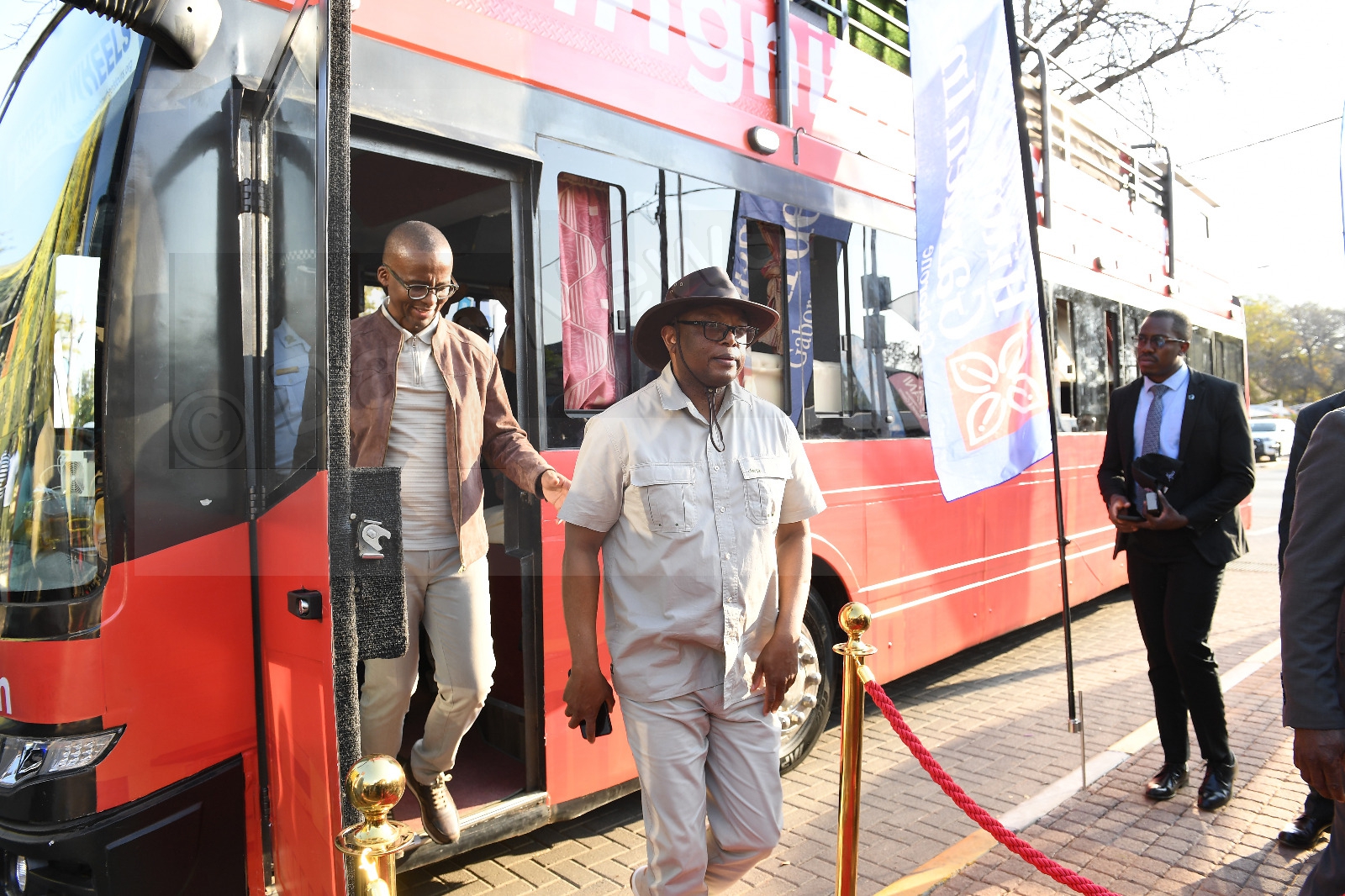Abortion cases alarming - Seakgosing
23 Mar 2014
The Minister of Health, Dr John Seakgosing has revealed that about 35 686 cases of abortion have been committed in Botswana from 2008 to 2012.
Addressing kgotla meetings in Suping and Mmakanke in Kweneng District, the minister disclosed that about 1 406 abortions were registered at Scottish Livingston Hospital for the same period.
Minister Seakgosing said the shocking numbers were equal to a full constituency adding that they painted a worrying trend. He further said the country’s population was small because some innocent lives were killed and that the country could not realise its full potential in economic activity.
He said government was counting on the fact that if more children were born, they would continue the reproduction cycle and take the country somewhere, emphasising that, “every child has a right to live.”
On other issues, Minister Seakgosing told residents that his ministry was concerned about the growing numbers of non-communicable diseases such as cancer especially cervical cancer in women. He explained that cervical cancer cases were increasing at an alarming rate even though it was curable when detected early.
He therefore encouraged women to observe changes in their bodies and immediately seek medical help if they noticed any changes. He said all cancers were silent killers.
However, he said nothing happened by chance in the body, explaining that cervical cancer developed in four stages and there was no way some early symptoms could go unnoticed. Minister Seakgosing explained that nothing could be done when the cancer was detected at the last stage except to give the patient some pain killers.
He further advised women who had reached menopause stage to take note when they see what looks like a menstrual period emphasising that once the menstrual cycle stopped, it should not recur. If this happened, it could only mean that an illness was imminent. Therefore he urged residents to inform themselves and eat healthly.
Meanwhile residents of Suping complained about shortage of transport in clinics. They appealed to the minister to consider building a health post at Suping because they travelled a long distance to access medical help at Phuthadikobo and Boribamo clinics which were always full. They said their population was more than 500, qualifying Suping to be an officially recognised village.
Also residents said it took long for blood tests results to come out at hospitals. Responding to their concerns, Minister Seakgosing acknowledged that there was a shortage of transport. He said a lot of vehicles were at Central Transport Organization (CTO).
He explained that government had permitted all ministries to service their vehicles at private garages. Because of this new development, he explained that his ministry had since taken 277 cars from CTO for service at private garages. Out of this number 176 vehicles had been serviced and returned to their duty stations in various clinics and hospitals.
He also admitted that there was shortage of skilled manpower in hospitals and clinics and assured residents that they were working round the clock to address the situation. He said they were now training doctors locally.
He highlighted that the government spends a lot of money training students who after completing their studies go and look for lucrative employment at other institutions inside and outside the country. Minister Seakgosing further noted that blood tests take long at laboratories because of shortage of water.
He said these laboratories use only purified water to process results which is a challenge because “our water has a lot of impurities calling for intensified purification processes causing delays.” he said. Nonetheless he allayed fears that birth control pills cause illnesses because they are tested before they are given out to patients. ENDS
Source : BOPA
Author : Lindi Morwaeng
Location : MOLEPOLOLE
Event : Kgotla Meeting
Date : 23 Mar 2014










